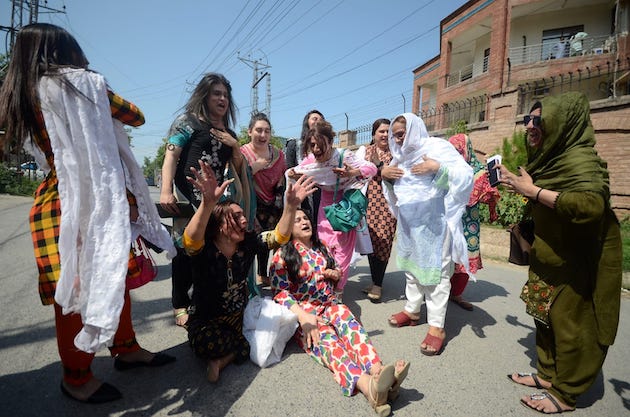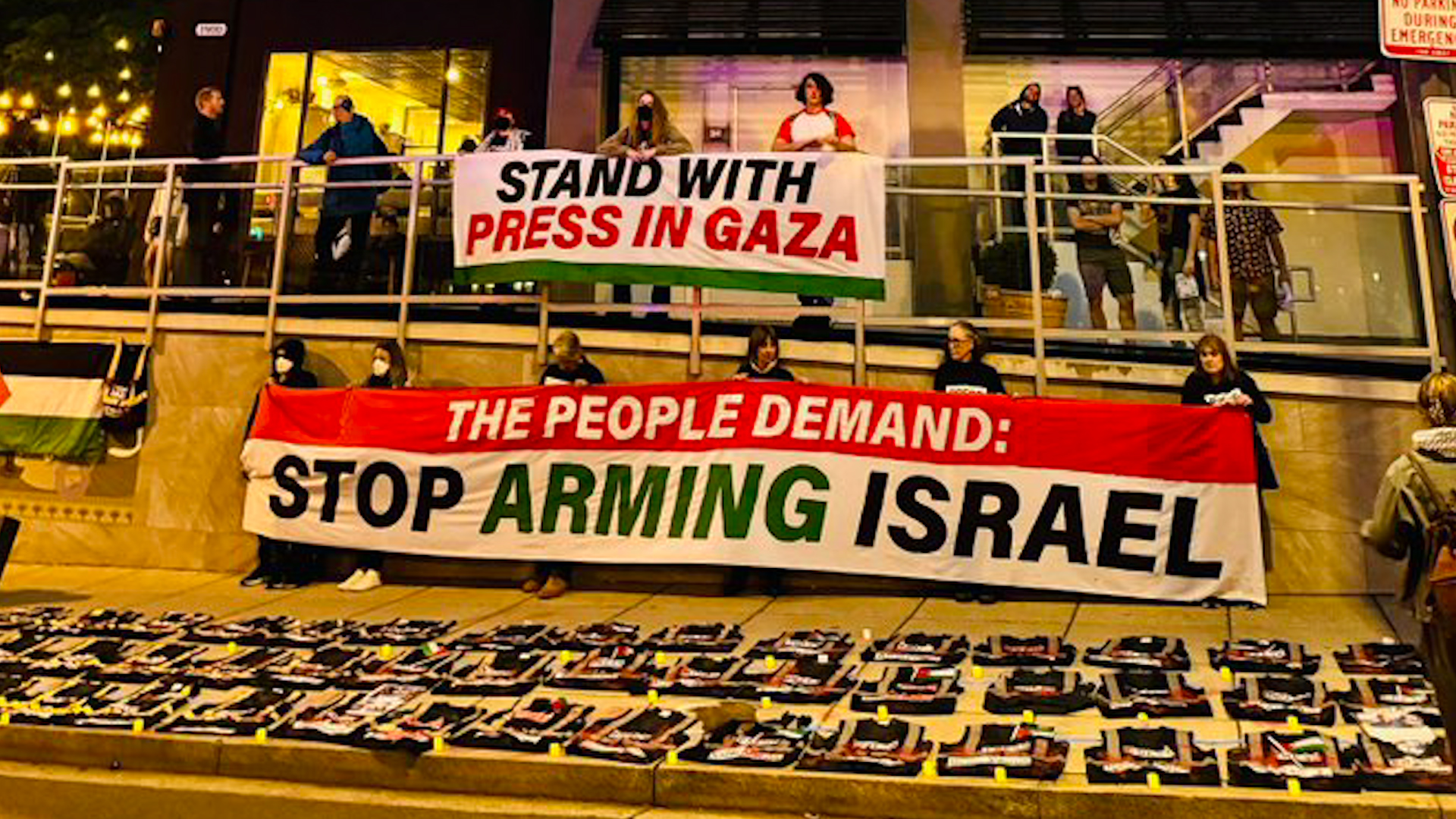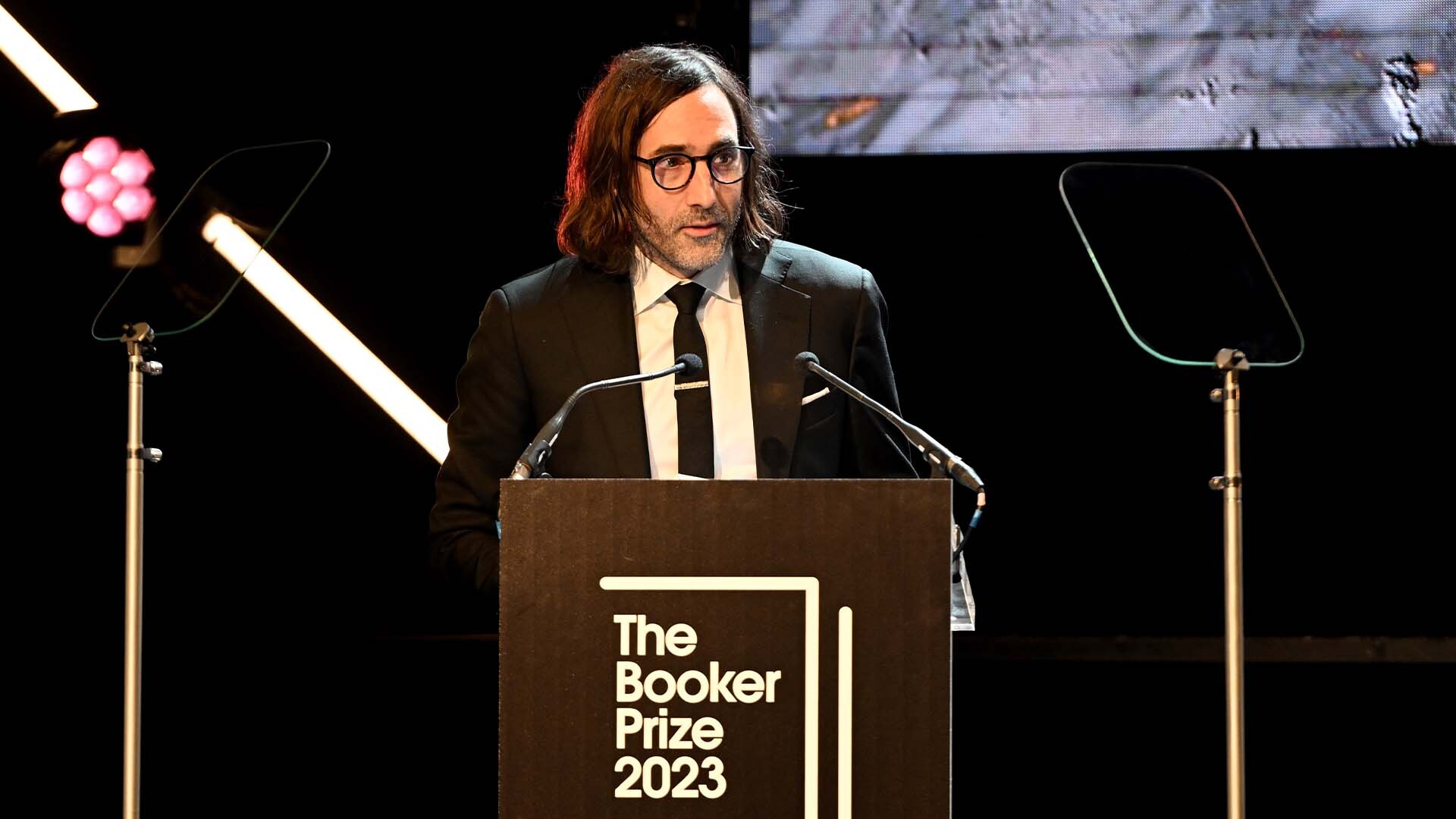Transgender People Face Growing Violence, Discrimination in Pakistan — Global Issues
PESHAWAR, Jul 24 (IPS) – “The problems transgender people face start from their homes as their parents, especially fathers and brothers, look them down upon and disrespect them,” says 20-year-old Pari Gul.
Gul, a resident of Charsadda district in Khyber Pakhtunkhwa (KP), left her house at 16 when her mother asked her to or face being killed by her father.
“I was born as a boy, and my name was Abdul Wahid, but when I came to Peshawar and joined a transgender group, I got a female name, Pari Gul. Since then, I have been going to weddings and other festive ceremonies to dance,” she says. “Dance is my passion.”
However, she has often been the brunt of discrimination and violence.
“During my five-year career, people have beaten me more than 20 times. Each time the perpetrators went unpunished,” she told IPS in an interview.
Trans people are often targeted in KP, one of Pakistan’s four provinces.
On March 28, a man shot dead a transgender person in Peshawar. It was the third incident targeting transgender persons in the province in less than a week. Despite the violence, violent attacks on transgender people aren’t considered a major crime.
Khushi Khan, a senior transgender person, says lack of protection is the main problem.
“People have developed a disdain for us. They consider us non-Muslims because we dance at marriages and other ceremonies,” she says.
“We had lodged at least a dozen complaints with police in the past three months when our colleagues were robbed of money, molested and raped but to no avail,” Khan, 30, says.
Last month, clerics in the Khyber district decided they wouldn’t offer funerals to transgender persons and asked people to boycott them.
Rafiq Shah, a social worker, says that people attack the houses of transgender, kill, injure and rob them, but the police remain silent “spectators”.
“We have been protesting against violence frequently, but the situation remains unchanged,” Shah said.
Qamar Naseem, head of Blue Veins, a national NGO working to promote and protect transgender people, isn’t happy over the treatment meted out to the group.
“Security is the main issue of transgender persons. About 84 transgender persons have been killed in Pakistan since 2015 while another 2,000 have faced violence, but no one has been punished so far,” Naseem says.
The lack of action by the police has emboldened the people.
“Health, transportation, livelihoods and employment issues have hit the transgender (community) hard. Most of the time, they remained confined to their homes, located inside the city,” he says.
There are no data regarding the number of transgender in the country because the government doesn’t take them seriously, he says.
In May 2023, the Federal Shariat Court (FSC) dealt a severe blow when it suspended the implementation rules of the Protection of Transgender Persons Protection of Rights Act.
Farzana Jan, president of TransAction Alliance, says that FSC’s declaration that individuals cannot alter their gender at their own discretion, asserting that specific clauses within the Transgender Persons (Protection of Rights) Act, 2018 contradict Islamic law, has disappointed us.
The FSC declared un-Islamic sections 3 and 7 and two sub-sections of Section 2 of the Transgender Persons (Protection of Rights) Act, 2018, five years after the law was passed, the FSC rolled back key provisions granting rights to Pakistan’s transgender community.
Some right-wing political parties had previously voiced concerns over the bill as a promoter of “homosexuality,” leading to “new social problems”.
The Transgender Persons (Protection of Rights) Act, 2018, is against the injunctions of Islam as laid down in the Holy Quran and Sunnah of the Holy Prophet (PBUH) and will cease to have any legal effect immediately, the verdict stated.
Amnesty International said the verdict was a blow to the rights of the already beleaguered group of transgender and gender-diverse people in Pakistan. It said some of the FSC’s observations were based on presumptive scenarios rather than empirical evidence. The denial of essential rights of transgender and gender-diverse persons should not be guided by assumptions rooted in prejudice, fear and discrimination, AI said.
“Any steps taken by the government of Pakistan to deny transgender and gender-diverse people the right to gender identity is in contravention of their obligations under international human rights law, namely the International Covenant on Civil and Political Rights (ICCPR) and the Convention on the Elimination of All Forms of Discrimination against Women (CEDAW) to which they are a state party,” it said.
The government should take immediate steps to stop the reversal of essential protections, without which transgender and gender-diverse people will be even more at risk of harassment, discrimination and violence, AI added.
On July 12, 2023, transgender representatives from all provinces held a press conference at Lahore Press Club, where they vehemently condemned the recent decision by the FSC against the Transgender Persons (Protection of Rights) Act, 2018.
Arzoo Bibi, who was at a press conference, said it was time to stand united for justice and equality.
“Militants don’t threaten us, but our biggest concern is the attitude of the society and police,” said Arzoo.
IPS UN Bureau Report
Follow @IPSNewsUNBureau
Follow IPS News UN Bureau on Instagram
© Inter Press Service (2023) — All Rights ReservedOriginal source: Inter Press Service
Check out our Latest News and Follow us at Facebook
Original Source







